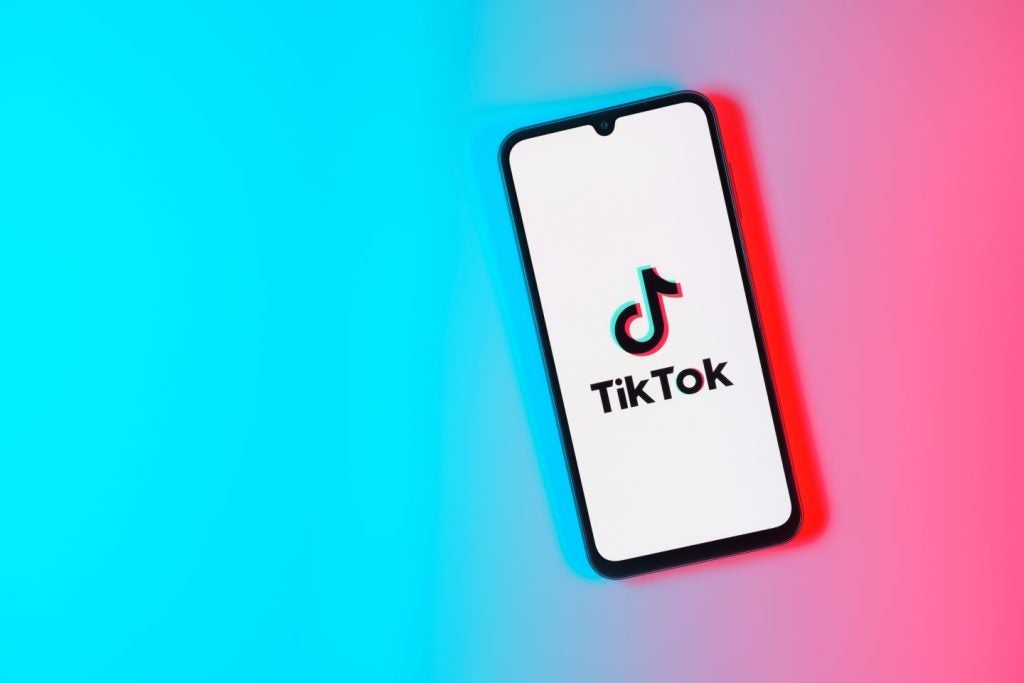
Japanese tech giant Rakuten will release its own AI chatbot, according to CEO Hiroshi Mikitani in interview with CNBC.
Mikitani stated that the chatbot’s release could be as soon as the next few months and that Rakuten had plans to release a version of its AI model to other companies to use as a basis for their own models.
Mikitani also stated that Rakuten’s “unique” and huge data set would give its large language model (LLM) an advantage over current competitors. He was also optimistic about the earning potential that an LLM could have on Rakuten’s revenue.
“Nobody has a dataset like we do,” Mikitani told CNBC.
Whilst Mikitani originally stated that this LLM could be out within a few months, a spokesperson for Rakuten later clarified that there was no set timeframe for its release.
Rakuten operates in ecommerce, fintech, communications and content. This large scope will enable Rakuten to access a variety of training data for its LLM.
LLMs, like OpenAI’s ChatGPT, are trained on data sets to anticipate the next word in a sentence and use that information to generate human-like text responses.
As AI becomes more widespread, GlobalData analyst Natasha Rybak has predicted that data would become an important currency for businesses wishing to implement AI into their workflows.
Substantial investment, Rybak wrote in a blog post, into the display and refinement of data should be a priority for businesses in the age of AI.
In a 2023 GlobalData survey, 56% of respondents stated that they believed AI would live up to all its promises. A further 36% stated that although they felt the technology was hyped, they could see viable use cases for it.







